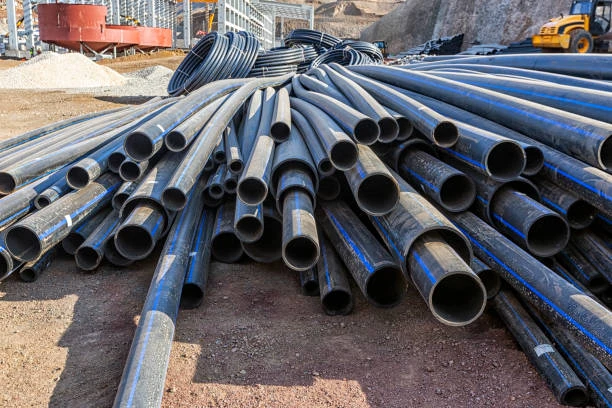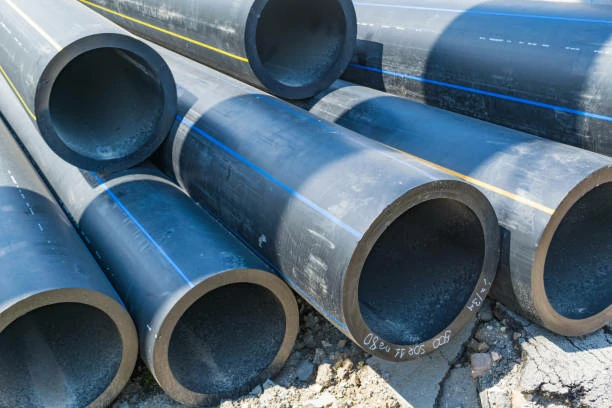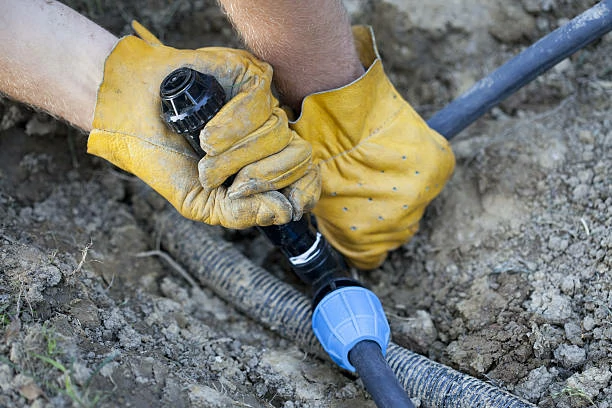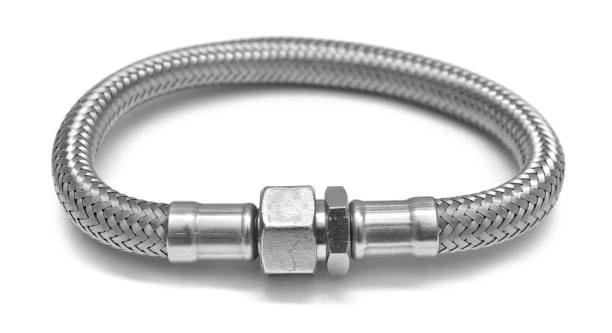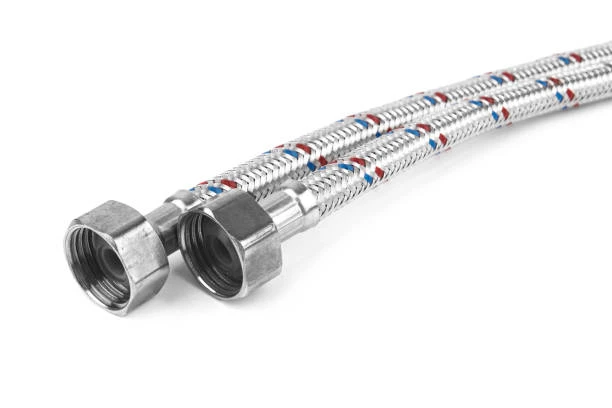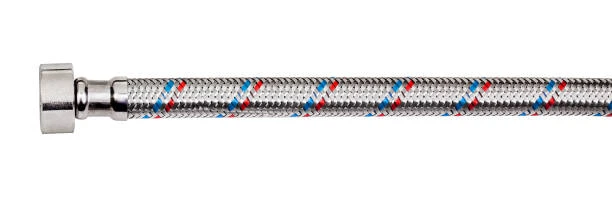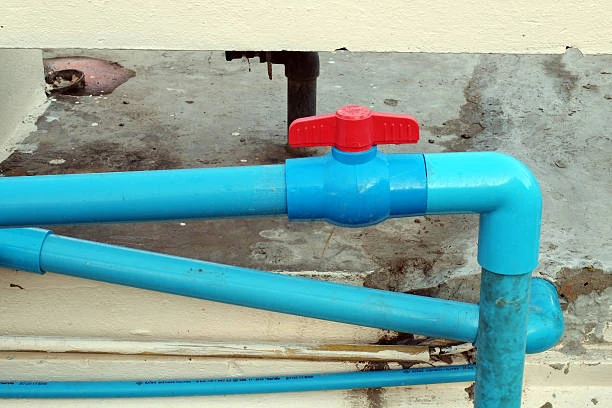
Introduction
In modern plumbing and fluid management systems, choosing the right components plays a critical role in ensuring durability, efficiency, and cost-effectiveness. Moreover, among the various options available, the PVC water valve has gained popularity for being lightweight, corrosion-resistant, and affordable. Consequently, it is widely preferred by homeowners, gardeners, and industrial users alike. In addition, PVC valves are not only easy to install but also versatile enough to perform effectively in different applications, ranging from residential plumbing systems to industrial pipelines.
In this article, we will explore the main benefits of using PVC water valves. Furthermore, we will answer common questions, define their key characteristics, highlight practical applications, provide a buying guide, discuss installation tips, and compare them with other valve materials. Ultimately, you will understand why PVC water valves are considered one of the most practical solutions in modern systems.
Frequently Asked Questions about PVC Water Valves
- What is a PVC water valve used for?
A PVC water valve regulates or stops the flow of water within a plumbing or irrigation system. As a result, it provides an affordable and reliable way to control water movement in different environments. - Are PVC water valves safe for drinking water systems?
Yes, many PVC valves are certified for potable water. Therefore, it is important to check for NSF or ANSI certifications to ensure safety standards are met. - How durable are PVC water valves compared to metal valves?
While PVC valves cannot handle very high temperatures or pressures like stainless steel or brass, they typically last between 10 and 20 years in normal water applications. Moreover, they require minimal maintenance during this period. - Can PVC water valves be used outdoors?
Yes, but prolonged exposure to UV rays can weaken PVC. Consequently, many users apply UV-resistant coatings or install valves in shaded areas for protection. - Do PVC water valves require regular maintenance?
Minimal maintenance is needed since PVC resists rust and corrosion. In addition, regular inspections for leaks and ensuring proper operation are usually sufficient.
Definition and Characteristics of PVC Water Valves
A PVC water valve is a control device made of polyvinyl chloride, designed to regulate water flow through a piping system. Unlike metal valves, PVC valves are thermoplastic, meaning they are produced from a lightweight yet strong synthetic material. This property offers several advantages that make them well-suited for modern plumbing needs.
Some defining characteristics include:
- Corrosion resistance: PVC does not rust or corrode, making it ideal for long-term water use. Consequently, it reduces replacement costs over time.
- Affordability: PVC valves are more cost-effective than brass, stainless steel, or cast iron alternatives.
- Lightweight structure: Easier to transport and install, which in turn reduces labor costs.
- Variety of designs: Available as ball, gate, butterfly, or check valves. Thus, users can select the right type for their specific system.
- Safety for potable water: Certified PVC valves are widely used in drinking water systems.
- Durability: PVC valves offer a long lifespan in low- and medium-pressure systems.
- Pressure and temperature limits: Best used in moderate conditions rather than high-pressure or high-heat applications.
Overall, these characteristics explain why PVC water valves are reliable and practical for both residential and industrial installations.
Common Uses and Application Areas
PVC water valves are highly versatile and can be found in numerous systems. For example, some common applications include:
- Home plumbing systems: Widely used in bathrooms, kitchens, and residential water lines. Because of this, they ensure reliable service and resist rust.
- Garden irrigation: Ideal for sprinklers, drip irrigation systems, and rainwater collection setups. Furthermore, their light weight makes installation easier.
- Agriculture: Essential in large irrigation networks. As a result, they provide cost-effective and corrosion-resistant solutions.
- Swimming pools and aquariums: Provide reliable water circulation and flow control.
- Industrial facilities: Applied in chemical plants, wastewater treatment systems, and cooling systems. In addition, PVC resists chemical corrosion.
- Construction projects: Often used in temporary water supply systems. Therefore, they remain a practical solution for low-cost developments.
Clearly, the broad range of uses highlights why PVC water valves are considered a practical option for efficiency and reliability.
Buying Guide for PVC Water Valves
When selecting a PVC water valve, several factors should be considered to ensure optimal performance. Firstly, consider the material type:
- Schedule 40 PVC: Commonly used in residential plumbing, lightweight, and cost-effective.
- Schedule 80 PVC: Thicker walls, stronger, and better suited for higher pressures.
Secondly, choose the valve type carefully:
- Ball valves: Provide easy on/off control and tight sealing.
- Gate valves: Best for applications requiring full flow or shutoff.
- Butterfly valves: Suitable for larger piping systems needing flow regulation.
- Check valves: Prevent backflow, protecting pumps and equipment.
Thirdly, check certifications. For instance, potable water applications require NSF, ANSI, or ISO approval.
Additionally, ensure size compatibility with your piping system to avoid leaks. Moreover, consider the valve color and finish, which may indicate application or strength.
Finally, determine the operation method. Manual handles are sufficient for small systems, whereas larger or industrial setups may require automated or motorized controls.
Installation Guidelines
Proper installation maximizes valve life and system performance. To achieve this, follow these steps:
- Clean all joining surfaces before installation. Then, apply solvent cement or Teflon tape appropriately.
- Avoid overtightening threaded connections, since PVC can crack under excessive torque.
- Install valves in accessible locations for easy operation. In addition, this simplifies future maintenance.
- Allow sufficient curing time for solvent joints before pressurizing the system.
- Test the system to confirm proper sealing. Furthermore, protect outdoor valves from UV exposure with shading or coatings.
Following these guidelines ensures a secure and long-lasting installation.
Comparison of PVC Water Valves with Other Materials
| Feature | PVC Water Valve | Brass Water Valve | Stainless Steel Valve | Cast Iron Valve |
|---|---|---|---|---|
| Weight | Very light | Medium | Heavy | Very heavy |
| Corrosion resistance | Excellent | Good, may tarnish | Excellent | Moderate, prone to rust |
| Cost | Low | Moderate | High | Moderate |
| Pressure tolerance | Low to medium | Medium to high | High | High |
| Temperature resistance | Low to moderate | High | Very high | High |
| Ease of installation | Very easy | Easy | More complex | Requires equipment |
| Lifespan | 10–20 years | 15–25 years | 25+ years | 25+ years |
| Typical applications | Home, garden, irrigation | Plumbing, heating | Industrial, chemicals | Municipal water systems |
As shown, PVC water valves are the most practical and cost-effective solution for everyday systems, whereas metal alternatives are preferable for high-pressure or high-temperature applications.
Conclusion
PVC water valves provide an affordable, durable, and versatile solution for modern plumbing systems. Moreover, their corrosion resistance, lightweight construction, and ease of installation make them suitable for a wide range of applications, from residential homes to industrial facilities.
When purchasing, consider material quality, valve type, certifications, and installation requirements. In addition, following proper installation practices ensures reliable performance for many years.
Overall, PVC water valves strike a balance between cost, efficiency, and durability. Consequently, they remain a key component in plumbing and irrigation systems, proving that practicality and long-term reliability can coexist.
IFNS’s international standards
IFNS products comply with a wide range of international standards, including ASTM 2846, DIN 8079/8080, ASTM F441/F441M SCH80, GB/T 18993 series, AS/NZS 1477, CSA B137.6, NSF/ANSI 14, and TIS 17-2532/1131-2535. These certifications ensure that our pipes and fittings meet global quality, safety, and performance requirements.
Connect
IFNS, a Chinese manufacturer with 30 years of experience, specializes in high-quality plastic pipes, fittings, and valves. Interested in IFNS’s copper fittings, copper valves, plastic pipes, or fittings? Contact us today. IFNS offers a wide range of standard pipes tailored to your needs. Explore our affordable, cost-effective valve and piping system products.
We respond to emails or faxes within 24 hours. For immediate assistance, call us anytime with questions about our products.


